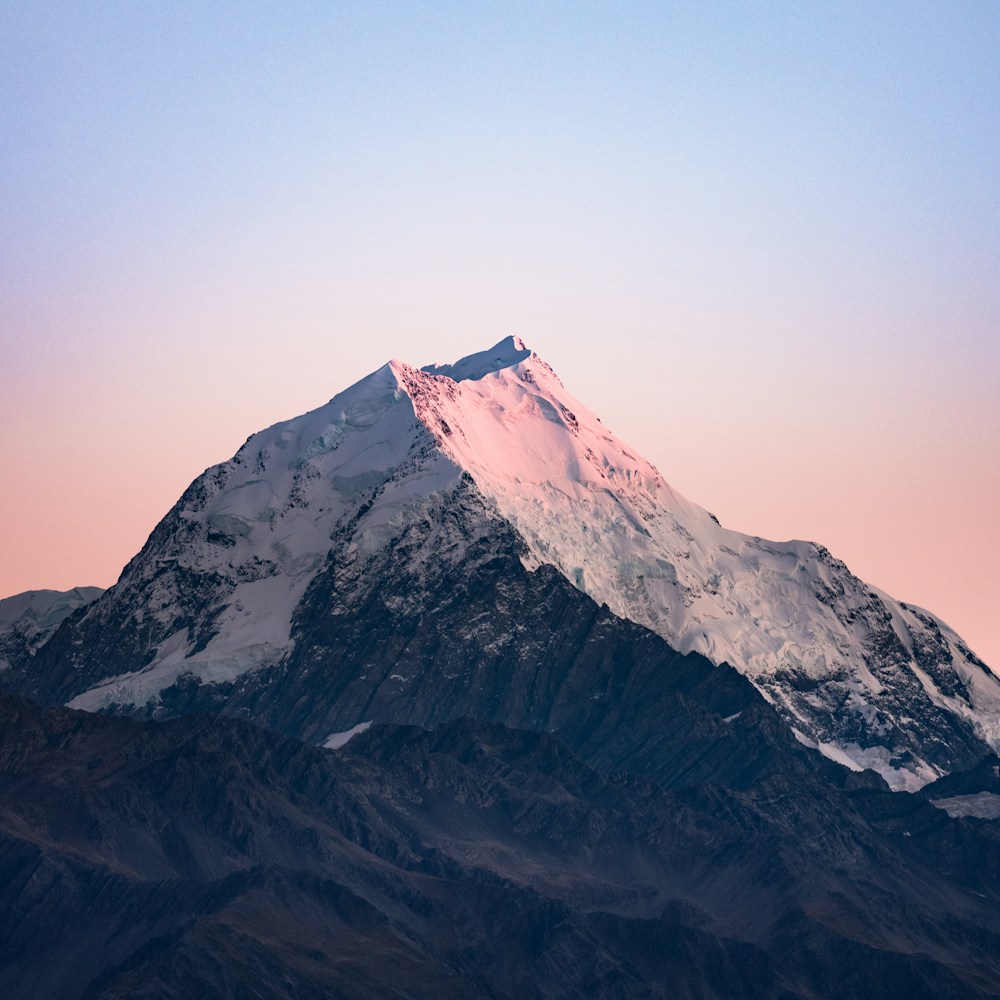Filters
filter: sepia()
Utilities for applying sepia filters to an element.
| Class | Styles |
|---|---|
sepia | filter: sepia(100%); |
sepia-<number> | filter: sepia(<number>%); |
sepia-(<custom-property>) | filter: sepia(var(<custom-property>)); |
sepia-[<value>] | filter: sepia(<value>); |
Examples
Basic example
Use utilities like sepia and sepia-50 to control the sepia effect applied to an element:
sepia-0

sepia-50

sepia

<img class="sepia-0" src="/img/mountains.jpg" /><img class="sepia-50" src="/img/mountains.jpg" /><img class="sepia" src="/img/mountains.jpg" />Using a custom value
Use the sepia-[<value>] syntax to set the sepia amount based on a completely custom value:
<img class="sepia-[.25] ..." src="/img/mountains.jpg" />For CSS variables, you can also use the sepia-(<custom-property>) syntax:
<img class="sepia-(--my-sepia) ..." src="/img/mountains.jpg" />This is just a shorthand for sepia-[var(<custom-property>)] that adds the var() function for you automatically.
Responsive design
Prefix a filter: sepia() utility with a breakpoint variant like md: to only apply the utility at medium screen sizes and above:
<img class="sepia md:sepia-0 ..." src="/img/mountains.jpg" />Learn more about using variants in the variants documentation.